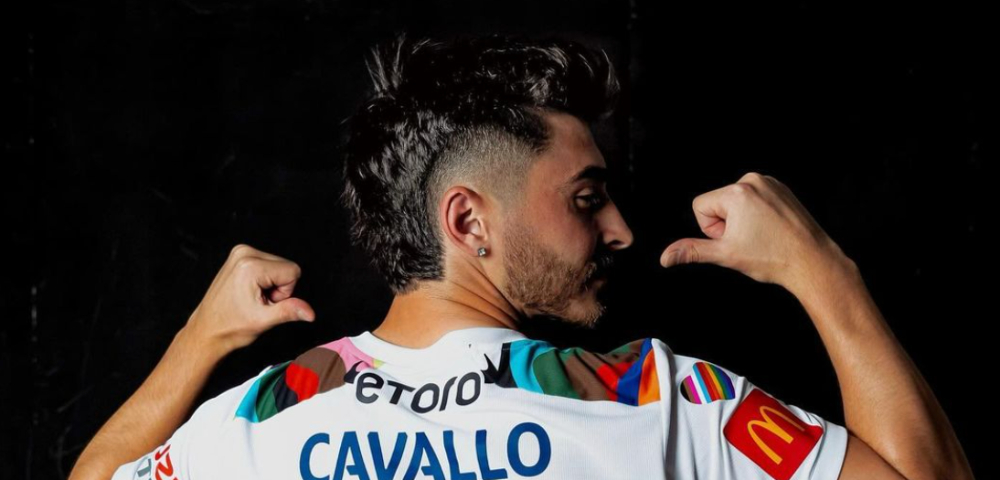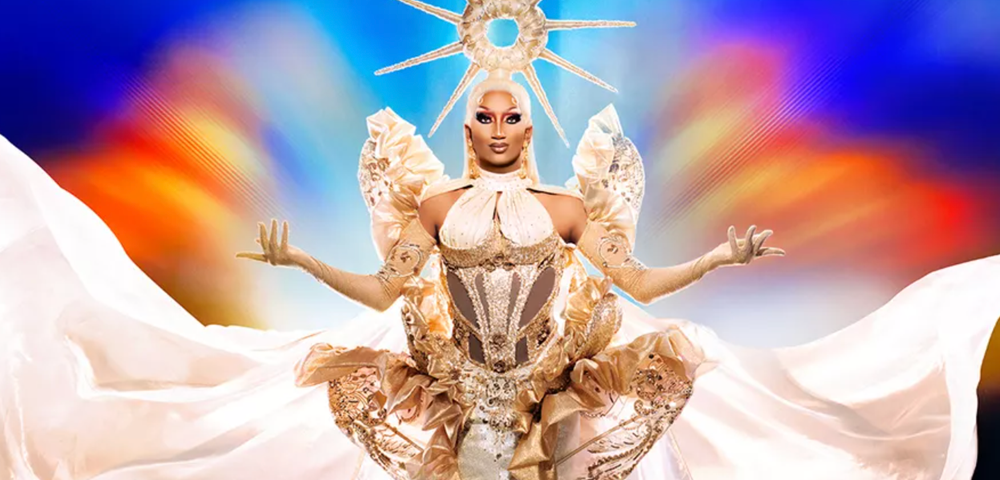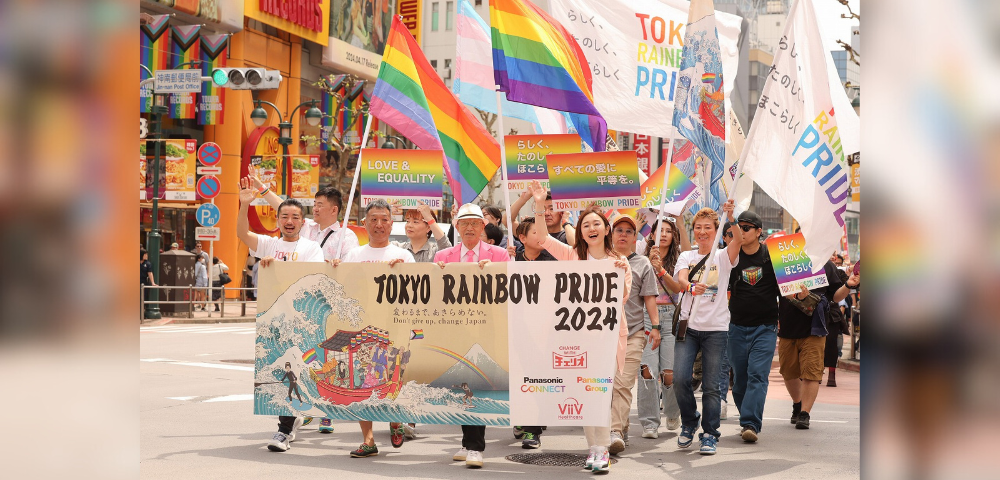
Campaigns to challenge ‘that’s so gay’ hit schools

UK-based lesbian, gay and bisexual rights organisation Stonewall has launched a campaign targeting the widespread use of the word ‘gay’ as a pejorative.
Coming out of research suggesting 99 per cent of young people regularly hear phrases like ‘that’s so gay’ in schools, the campaign has sent posters and guidance on the issue to around half the secondary schools in the UK.
The posters feature slogans like: “’That’s so gay.’ Let’s be honest, it’s probably not,” and, “’Your so gay.’ Can you spot two common mistakes?”
While there haven’t been public campaigns in Australia specifically targeting the pejorative use of ‘gay,’ Safe Schools Coalition Victoria’s Roz Ward told the Star Observer it’s a challenge that arises all the time.
“What we face a lot in schools is people making excuses about that phrase in particular,” she said.
“If students aren’t being homophobic intentionally it’s much harder to address because they’re not meaning to insult anybody, so what are we going to say?”
Ward said it was important for students to understand this use of the word could even legally constitute discrimination.
“In terms of discrimination law it’s not about whether somebody is intending to discriminate, which is another thing people are often not aware of,” she explained.
“So you have to be careful about what you say and if you end up in a workplace with a workplace complaint that’s totally valid.”
University of Melbourne linguistics researcher Dr Lauren Gawne said that while Stonewall’s campaign might be up against some challenges, there was precedent for attempts at changing language use like this being successful.
“Think about how we used to talk about ‘policemen’ and now we talk about ‘police officers.’ So there are lots of cases of a campaign to change language having a positive effect,” she said.
Dr Gawne said a disconnect between this language use and the often pro-gay views of its users could be the biggest hurdle for a public campaign on the issue.
“If you look at the kind of people who are using ‘gay’ in this negative sense, they’re generally quite well educated groups. They understand homophobic language, they understand racist language and they’re still continuing to do this,” she said.
“I think probably the biggest challenge that the Stonewall campaign and other campaigns are going to face is that their audience is very savvy.”
She added that while linguistic innovations like this usually have limited shelf lives, the continuing rise of this usage makes it unclear whether “that’s so gay” would fizzle out in a few years or whether it was here to stay.
Ward argued it didn’t matter whether the pejorative use of “gay” was simply linguistic evolution – the issue had to be framed in terms of discrimination.
“To say that language evolves is one thing, but in the face of people saying, I find this really insulting language, you’re not going to say, it’s evolved and it means something else. Why do you feel so desperate to keep saying it, unless maybe you don’t mind insulting people,” she said.
Ward remained hopeful the campaign to end this casual homophobia will eventually be successful, but stressed it will take the efforts of organisations like Stonewall and SSCV to achieve that.
“It only stops in schools where there’s an effort to stop it. In some schools nobody uses it,” she said.
“Racism didn’t just ‘evolve’ its way into a lesser existence, there was a whole civil rights movement.”










